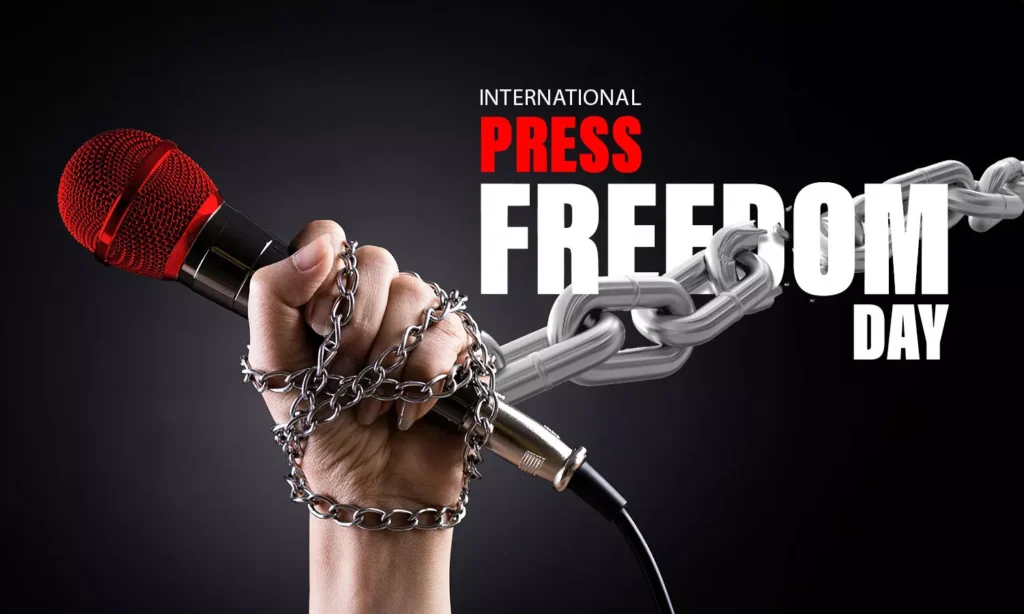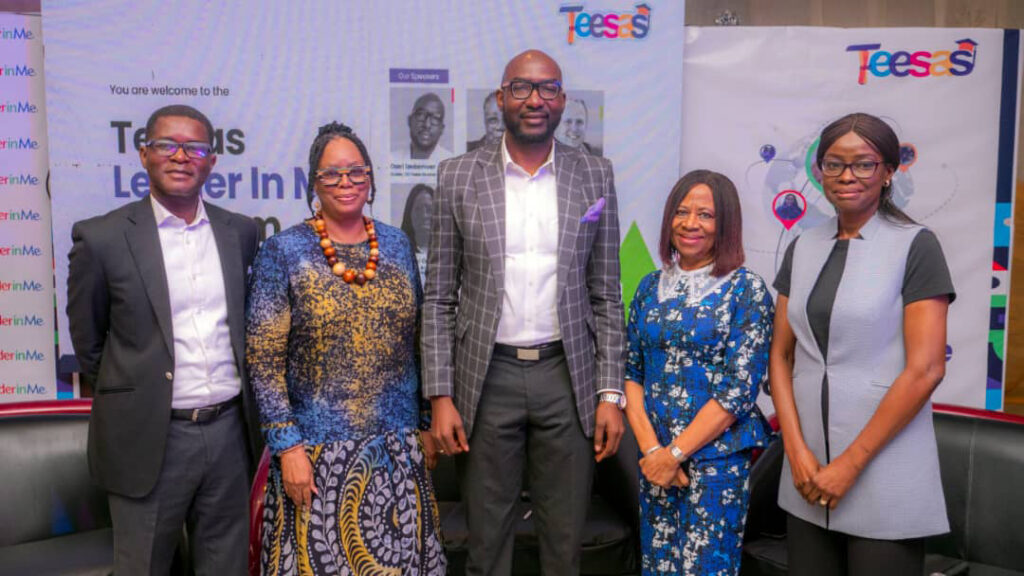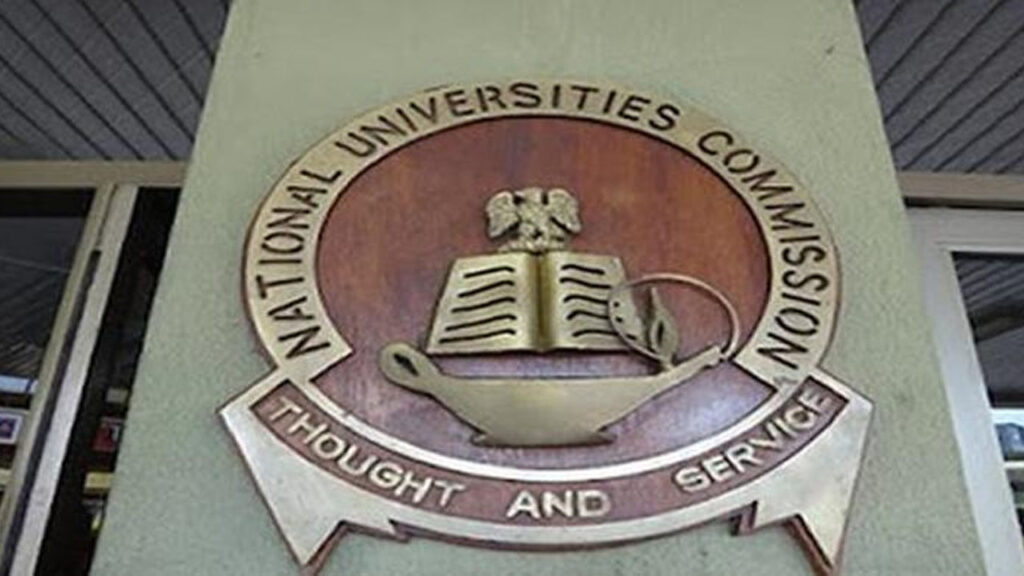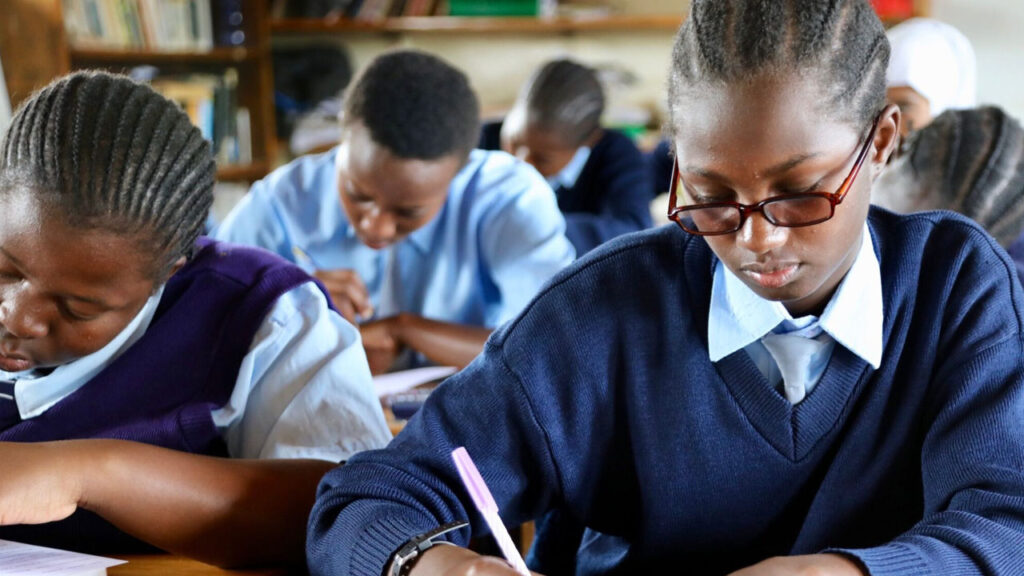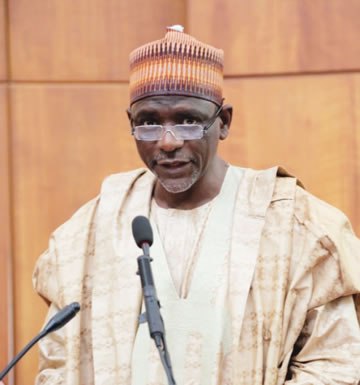 The need for the erection of a collaborative platform, where education specialists and sundry stakeholders can assemble, and network with a view to creating serious impact in the ailing sector has been stressed.
The need for the erection of a collaborative platform, where education specialists and sundry stakeholders can assemble, and network with a view to creating serious impact in the ailing sector has been stressed.
This, and similar ideas dominated talks at the recently ended school improvement conference and exhibition, which had as its theme, “Partnering for 21st Century Skills and Schools Reform.”
The conference was at the instance of Incubator Africa Development Team (IADT).
The IADT is a social enterprise that exists as a collaborative platform for organisations to partner and find innovative and sustainable solutions to problems across education and health sectors among others.
Its mission includes stimulating and provoking change in the current educational system for improved student learning outcomes, by intervening at three main levels including individual/small organisations/schools, state governments and the Federal Government.
According to Chief Executive Officer and team leader of IADT, Alero Ayida Otobo, a platform of this nature has become all-important because empirical evidences point to the fact that working independently yields little dividend.
While stressing the importance of transforming and improving the Nigerian educational system, using knowledge-based discourses at the two-day event, Otobo added, at IADT, which is a “development agency that focuses on transforming certain spheres of the society, including education, we want to be able to transform the way children learn, improve the way teachers teach in order to develop and improve learning outcomes in schools.”
Insisting that the system was plagued by immense anomalies, she said, “Those who finished their Senior School Certificate Examination (SSCE) got very low pass marks and some of our teachers cannot read and write. After my involvement at the federal level between 2006 and 2007, and working with one of the development partners, the Department for International Development (DFID) from 2008 to 2011, l realised that we will continue to talk about this rather than the true cause of the problem.
So IADT, she continued, “Is trying to bring a collaborative platform where education specialists can come together, work together as like-minded people to create impact. One of the things we realised is that if we work independently we can’t achieve anything tangible.
She regretted that most teachers were not living up to their expectations, stressing the need for them to be exposed to regular training and retraining.
She emphasised that part of the problem we have in the educational system is the quality of teacher education stressing: “If you want to transform education in any society, there are certain strategic levers that you have to be able to push, and we have identified 14 of them, which among others include teacher education, teacher quality and teacher development.
“If you want to see changes in the classroom, develop the teacher; the learning environment and the management of the school. These are areas, where we intend to have serious issues. Our colleges of education also are issues, and that is the beginning of the transformation process. There is need to stop admitting people that have only three credits passes into these institutions so as to enhance the image of our teachers. We are hoping that the new generation of teachers would arise after this initiative.
Dignitaries that graced the conference including vice president-elect, Prof. Yemi Osinbajo and the Peoples Democratic Party (PDP) governorship candidate for Lagos State, Mr. Jimi Agbaje, commended the initiative, where participants shared ideas and learnt how to position their schools for 21st century learning.
While Osinbajo, spoke on the “Role of Government in Preparing the Nigerian Child for the Knowledge Economy, Agbaje spoke on the Role of Government in Creating an Enabling Environment for Private Sector Investment in Education in Lagos State.
Fielding questions from newsmen later on, Osinbajo commended the organisers for bringing together stakeholders in the education sector to brainstorm and articulate ideas.
He said, “These are participants in the education sector who have done tremendous amount of work in trying to develop the curriculum and ideas that would definitely improve our educational system. Some of the ideas are extremely creative and healthy. So, it is really an opportunity to liaise with potential public officers and I think this has been very rewarding.”
Chief Executive Officer (CEO)/founder of Global International College, Mrs. Abolaji Osime, who also highlighted the importance of the conference said its was aimed at bringing teachers, school owners and people working in schools as well as government on the same page. So we are here to discuss the problem of education in Nigeria, the challenges and how to position the Nigerian students for the 21st century. We want them to measure up with the world’s economy.
“We believe that there is only one way of making the government to listen to us and that is by engaging its key players in a conference like this. That is why we have invited Osinbajo and Agbaje, they have listened to us and we believe that these noble ideas will be looked into.”

